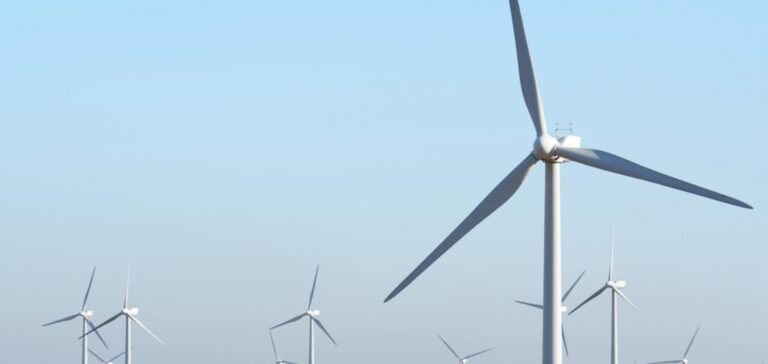Voltalia, an international renewable energy company, announced today that it will appeal a preliminary court decision suspending the permits for the Canudos wind farms. The Canudos project, located in the state of Bahia, consists of two wind farms with a total capacity of 99.4 megawatts.
The decision to suspend the permits was made by a federal judge of the court of Feira de Santana/BA, who found that the environmental agency of the state of Bahia had implemented a procedure not applicable to a project located in an area populated by blue macaws, a Brazilian parrot. A new additional environmental review is requested, in addition to the initial studies that were conducted during the environmental authorization process.
Voltalia wants to defend Brazil’s biodiversity
Voltalia confirmed that it has obtained all necessary legal approvals for the construction and operation of the Canudos project and is in full compliance with the environmental approval process conducted by the relevant state environmental agency. Accordingly, Voltalia intends to appeal the preliminary decision.
Voltalia’s main mission as a producer of renewable electricity is to fight climate change and, by extension, to protect biodiversity. The company also supports local development projects through ongoing dialogue with communities. This commitment is a driving force behind all Voltalia’s projects. The company has implemented a series of initiatives in the state of Bahia to assess the potential impacts of its activities on local flora and fauna.
The company has programs in place to protect blue macaws
Surveys revealed a low presence of blue macaws in the Canudos Project area. Despite the low risks, Voltalia has developed a conservation program for blue macaws and a Licurizeiro restocking program, based on the National Action Plan for the Conservation of Birds of the Caatinga (PAN), following the guidelines of ICMBio/CEMAVE. Voltalia’s action plan includes monitoring the blue macaw population in the area, which has been steadily increasing since 2019, recovering licuri tree areas damaged in the area for decades, which are the main food source for blue macaws, creation of a nesting area protected from wildlife trafficking, continuous video monitoring of the turbines with an automatic protocol that triggers sounds and shuts down the turbines to avoid potential impacts if and when the birds approach, and painting the blades of the turbines to improve visibility for the birds.
Voltalia reaffirms its commitment to dialogue with local communities and its desire to continue investing in the environment. The company has already invested approximately two million Brazilian reais and plans to invest an additional ten million Brazilian reais over the next few years in various local programs, including the protection and expansion of the Lelear parrot habitat, an environmental education plan for local communities, and economic development projects and sustainable use of local resources. In addition, Voltalia is working with biologists to create a preservation unit for the Lear parrot (Reserva Particular do Patrimônio Natural – RPPN), as the region currently receives no funding to protect the species outside of Voltalia’s initiatives.






















